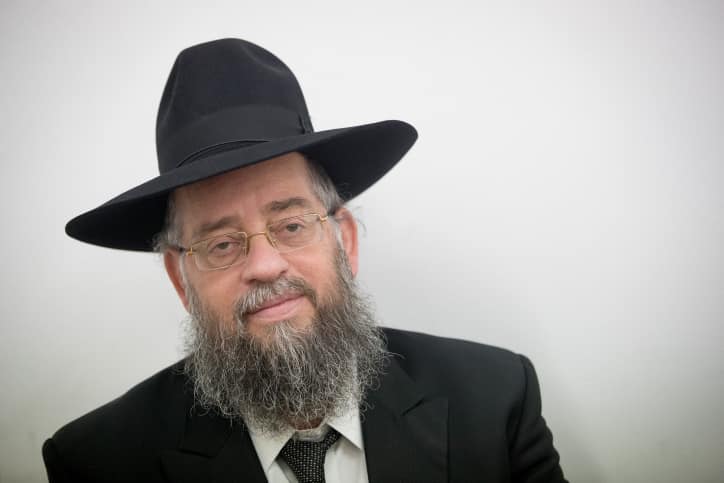
I listen to the radio on the morning of Erev Yom Hazikaron, the eve of remembrance day for the fallen soldiers of the Israel Defense Forces (IDF) and I start to cry. I cry because of those who’ve lost their lives defending my country, because of those close to me who were killed in terrorist attacks, who will also be remembered today and I cry for Rabbi Avraham Yeshayahu Haber.
Rav Haber was the founder of the Matnat Chaim (Gift of Life) nonprofit kidney donation program here in Israel, who passed away at the age of 55 on April 23 from complications of COVID-19. Rav Haber was instrumental in my receiving a kidney 10 months ago.
Rav Haber was the founder of the Matnat Chaim (Gift of Life) nonprofit kidney donation program here in Israel, who passed away at the age of 55 on April 23 from complications of COVID-19. Rav Haber was instrumental in my receiving a kidney 10 months ago.
I’m crying for him because I’m listening to an interview on the radio with Israeli educator Miriam Peretz — an icon in Israel who lost two sons in the IDF as well as her husband. She’s talking about how she raised herself up from despair by telling herself that her sons died for a reason, and that if she’d given up on life, then their deaths would have had no meaning. They had served and died together with all parts of society – Jews and Arabs, religious and non-religious, left and right – because they believed that that was the country that needed defending – a united country made up of all of its citizens. They had been raised on values of giving, equality, sharing the burden and of a whole society looking out for each other.
Rav Haber wore a black hat and worked as a rabbi and teacher until he was in his 40s, and in Israel some may have assumed by looking at him that he may not have shared the values Peretz spoke of. But those values being recited on the radio were what brought me to tears thinking of what we have lost with the passing of this great and humble man.
I first met Rav Haber on a Saturday night in June 2019. He rolled into my room in Hadassah Hospital in Jerusalem shortly after I arrived to “check-in” for the preparations for my kidney transplant the next morning. I was worried about a life-changing operation and he was checking to see how I was and if I needed anything. He also told me not to worry and that he would make sure that they took good care of me. The next time I saw him was less than 24 hours later when he came to check on me post-op.
He came in with a smile and a laugh, a huge presence and an intimated guarantee that all would be good. I had just watched the toxins in my blood drop by 90% in five hours due to the successful transplant, and could only hope and pray that he was right. I only found out later that he did this for every one of the 800 transplant patients that he found altruistic kidney donors for, whatever hospital they were in around the country. I saw him again six times in the week and a half that I was in Hadassah, because that was the number of transplants he had chaperoned in one week in that hospital alone.
At the same time, and unbeknownst to me, every donor was going through the same experience, but from the other side. My donor Moshe Halberstadt told me he remembers Rav Haber calling him on the Friday before the operation, to give him personal words of encouragement and thanks. Although Moshe was honored and impressed by the personal attention of such a revered leader, Rav Haber continually emphasized how honored he felt to be speaking to such a righteous person.
Moshe also recalls the significant time Rav Haber and his wife spent in the hospital at his bedside, seeing to his welfare and personally offering wishes for his recovery, while always emphasizing the kindness of Moshe’s act. Rav Haber also offered practical advice, and sent out medical information about fasting after donation, while offering his personal cell phone number for questions at any time.
It was Rav Haber’s personal story that led him to opening Matnat Chaim in Israel. He was 44 and on dialysis when he met a 19-year-old by the name of Pinchas Turgeman who was on dialysis in the clinic with him. Turgeman was in terrible condition and Rav Haber, himself in dire shape, set out to find Turgeman a donor. Eventually, he found one, but because the process took so long, Turgeman died waiting. Just the way my father did 36 years ago in Australia, and the way so many do every day.
He decided that he would leave his teaching post and dedicate his life to finding kidney donors so that no one would have to live on dialysis, and no one would have to die for lack of a kidney.
Turgeman’s death was transformative for Rav Haber. That day he decided that he would leave his teaching post and dedicate his life to finding kidney donors so that no one would have to live on dialysis, and no one would have to die for lack of a kidney. He started the organization when there were 800 people on the waiting list. Now, 11 years later, in a symbolic turn of events, Rav Haber — who himself received a kidney transplant 12 years ago — saw the 800th transplant coordinated by his organization.
But his dream and life’s work was not limited to one group of people, one religion, one sect, one age group, one ethnic background. Rav Haber found donors for Jews and Arabs, men and women, religious and non-religious. He found a donor from the hard-right town of Itamar, who donated to a hard-left activist from Tel Aviv. He found a religious Jewish woman who donated to an Arab woman. He found Hasidic Yeshiva students who donated to secular businessmen.
Rav Haber found donors for Jews and Arabs, men and women, religious and non-religious.
And every one of those donors has a connection with their recipient, be it a single meeting at the hospital or a lifetime friendship. And every one of those people has a family and community that sees this tremendous gift of life. And every one of them knows that there are those that believe that we are all human, all the same in the eyes of God, all part of this country, all responsible for each other, all here to give to each other and all here together for the long run.
Those were exactly the words of Miriam Peretz this morning on the radio, and they were exactly the words of Rav Haber himself. The Chief Rabbi of Israel, Rabbi Yisrael Meir Lau, eulogized Rav Haber saying he was an angel walking on this Earth in the form of a man. An angel that thought nothing of his own pain, his disease, his difficulty walking, his financial situation. An angel that never judged anyone, but saw that every person who suffers as he did, for lack of a working kidney, is really suffering in vain. Because if just a fraction of society would embrace the idea that we are all responsible for each other, that we are all likely to need help someday and that we can lessen the suffering in this world through our own actions now, then this would be a far better place. This would be a place where angels walk, because people can raise themselves up to the level of angels here on Earth, just the way Rav Haber did.
An angel that never judged anyone, but saw that every person who suffers as he did, for lack of a working kidney, is really suffering in vain
Rav Haber passed away after dedicating every ounce of his tremendous energy to helping others. May his memory be a blessing for us all.
Miles Hartog is an architect living in Israel.
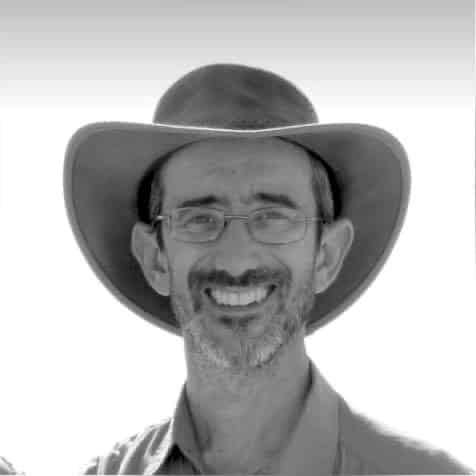






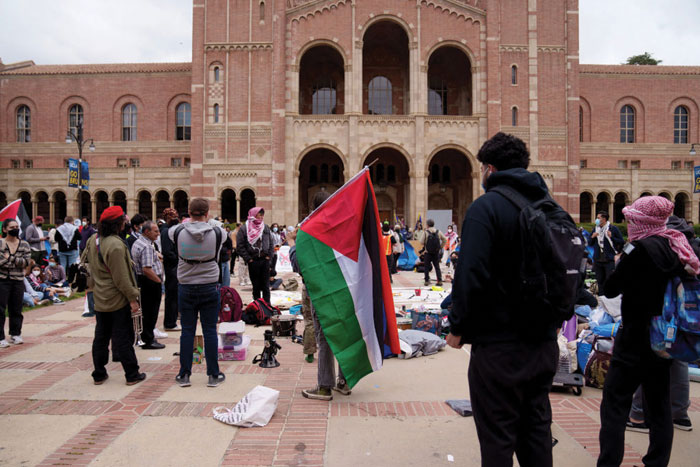

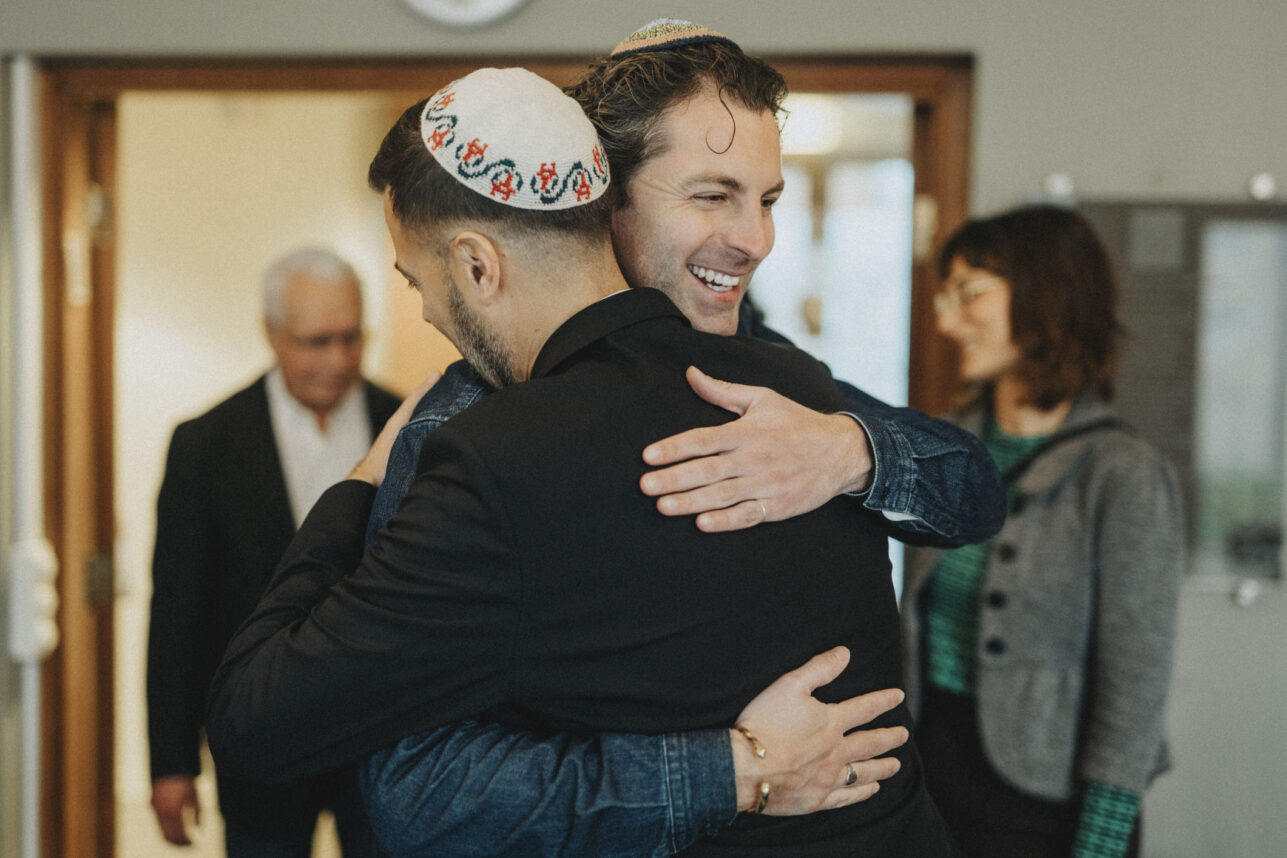
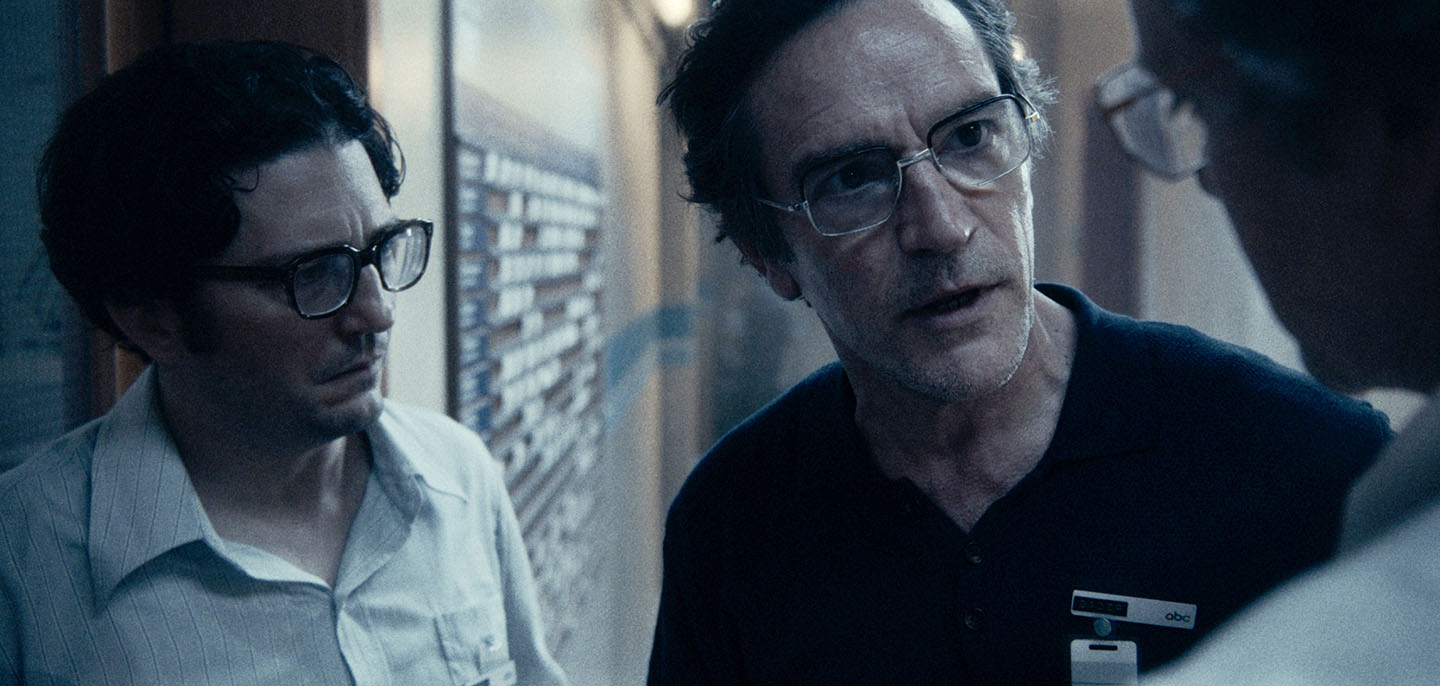
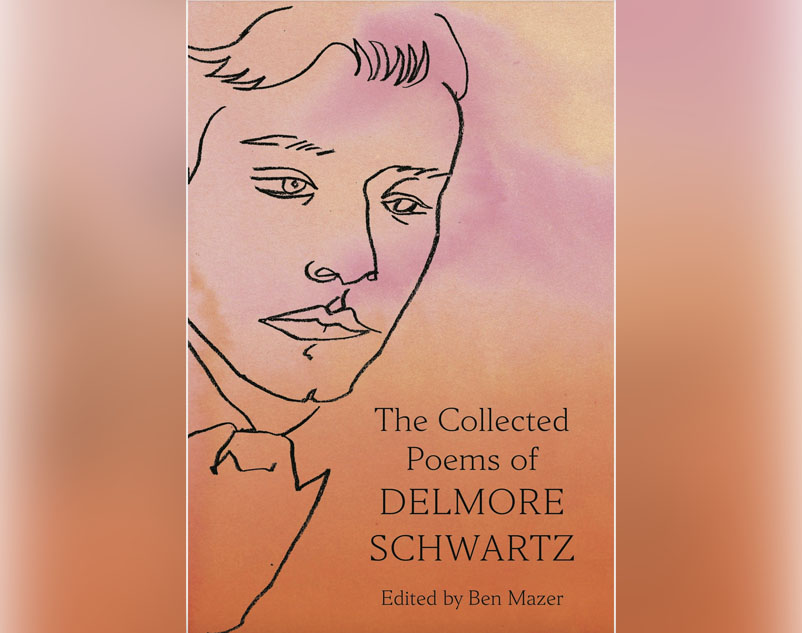

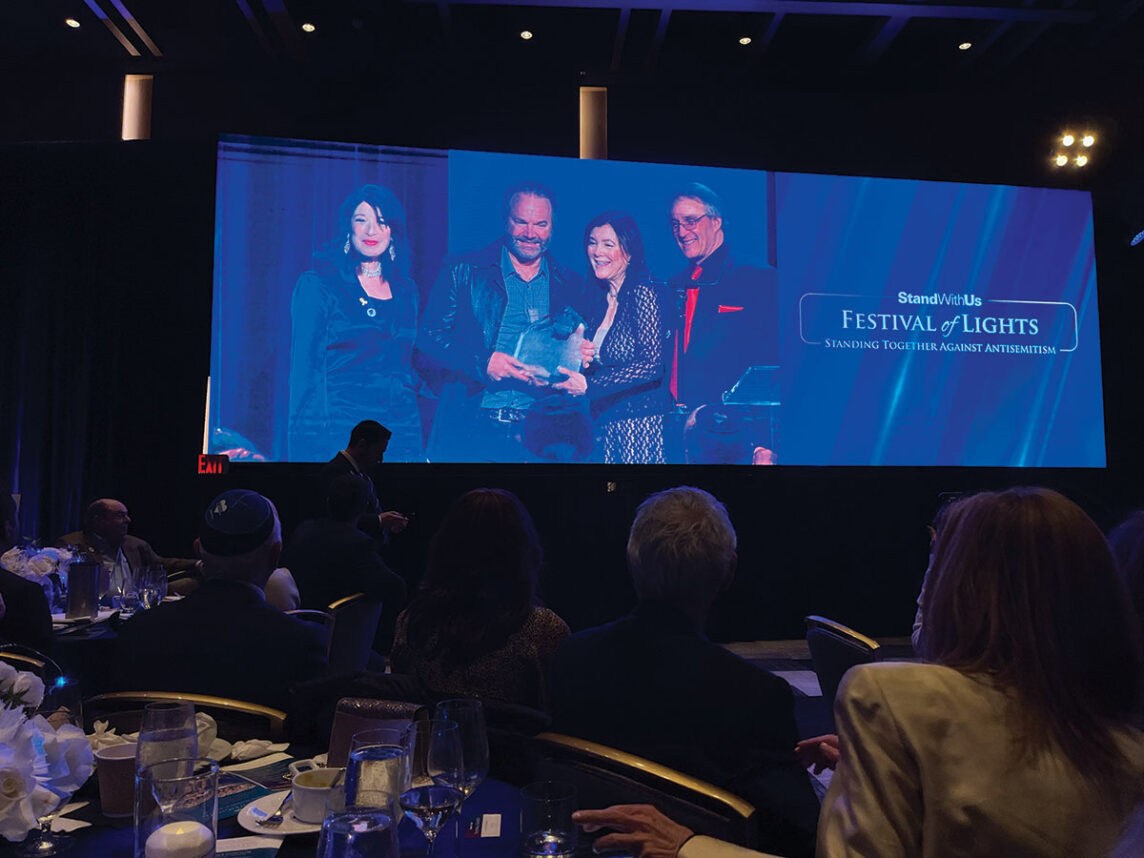
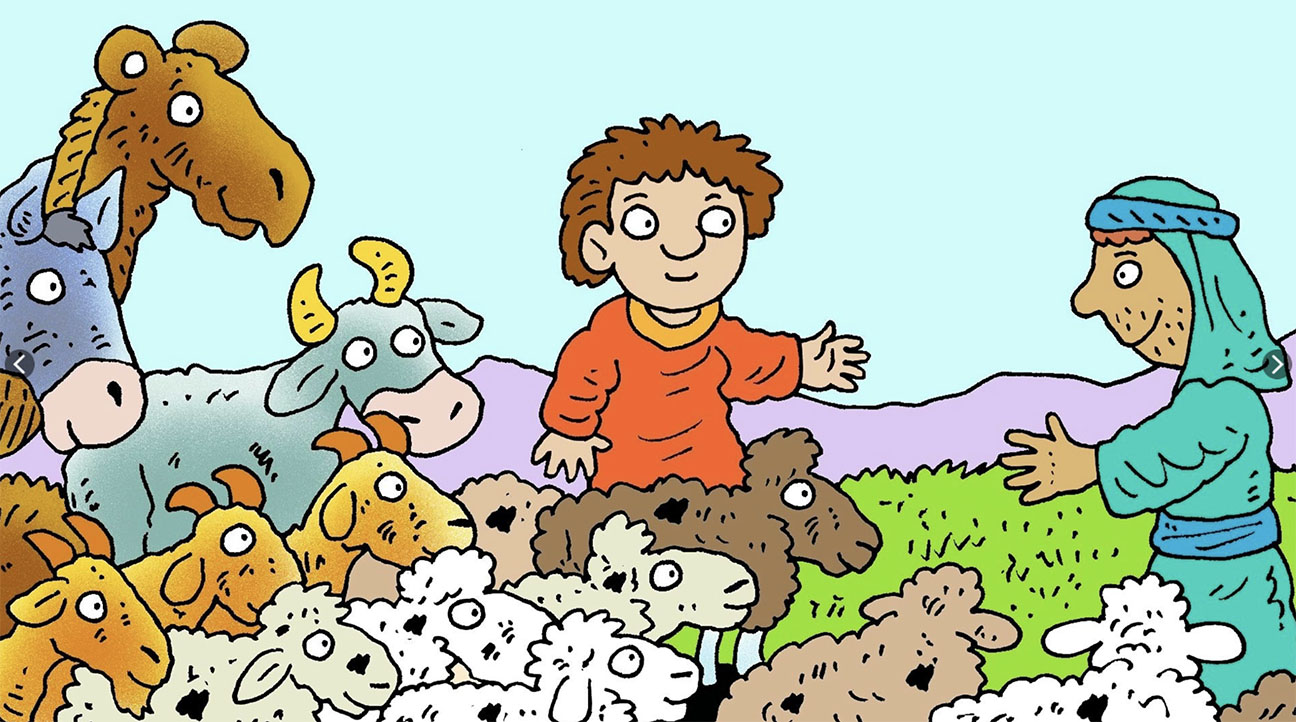
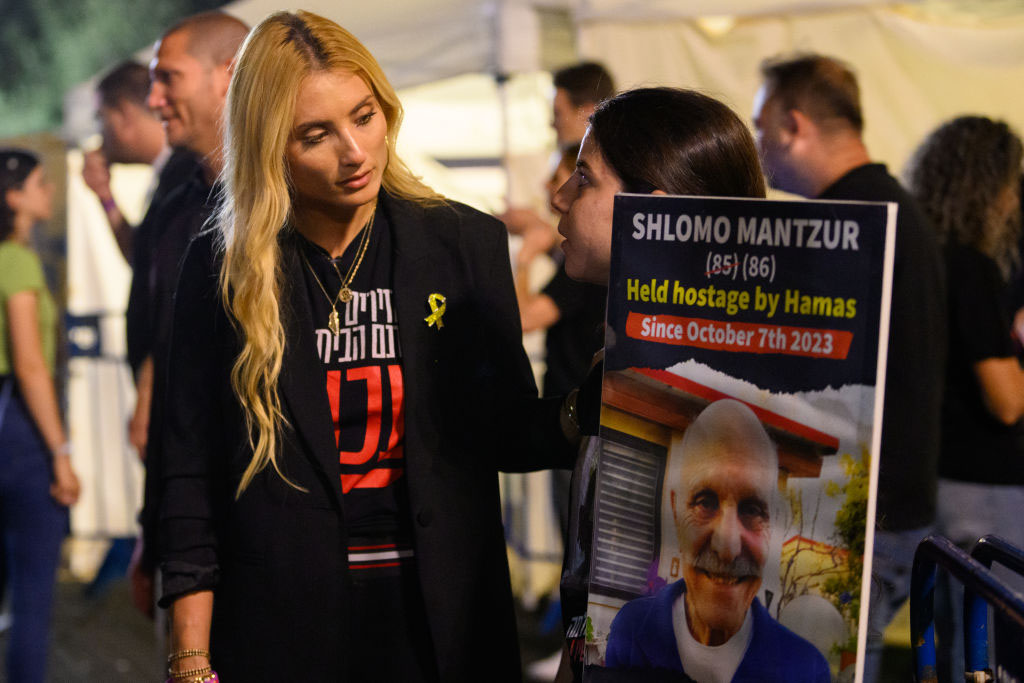
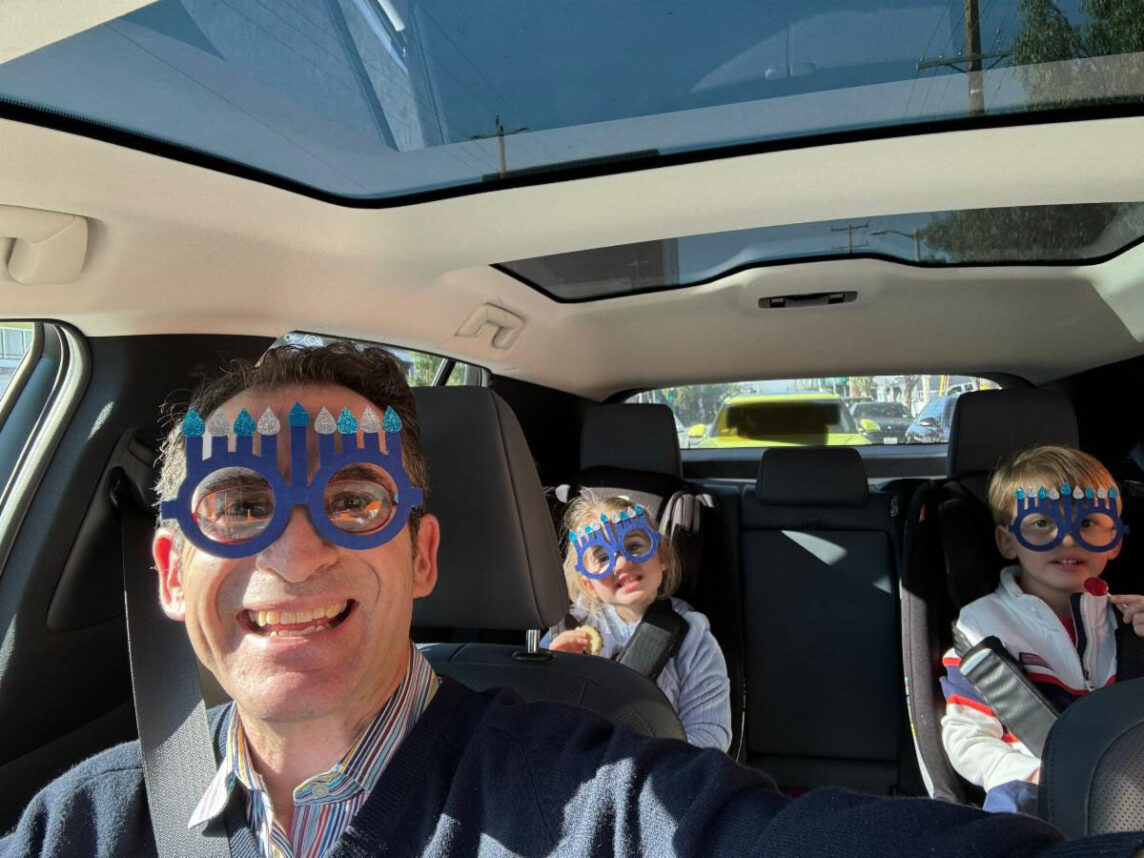





 More news and opinions than at a Shabbat dinner, right in your inbox.
More news and opinions than at a Shabbat dinner, right in your inbox.